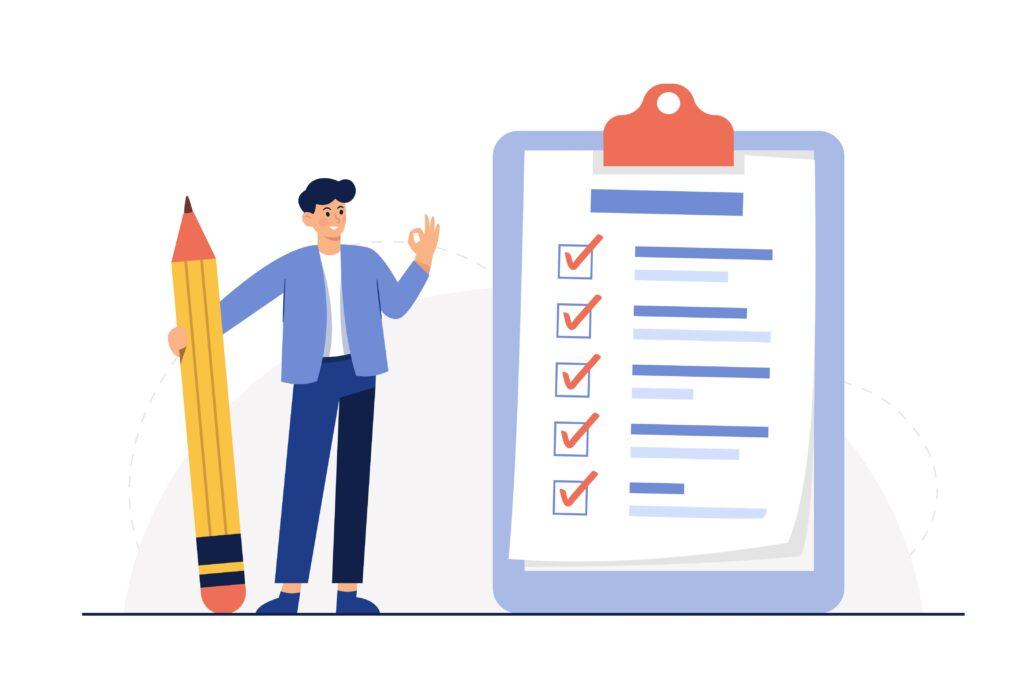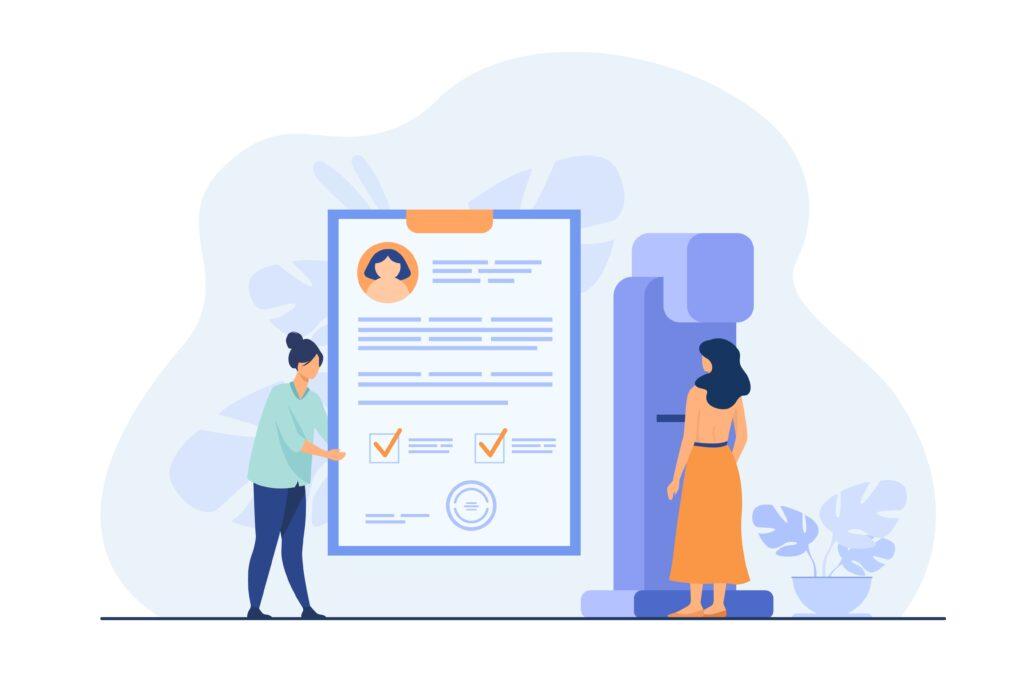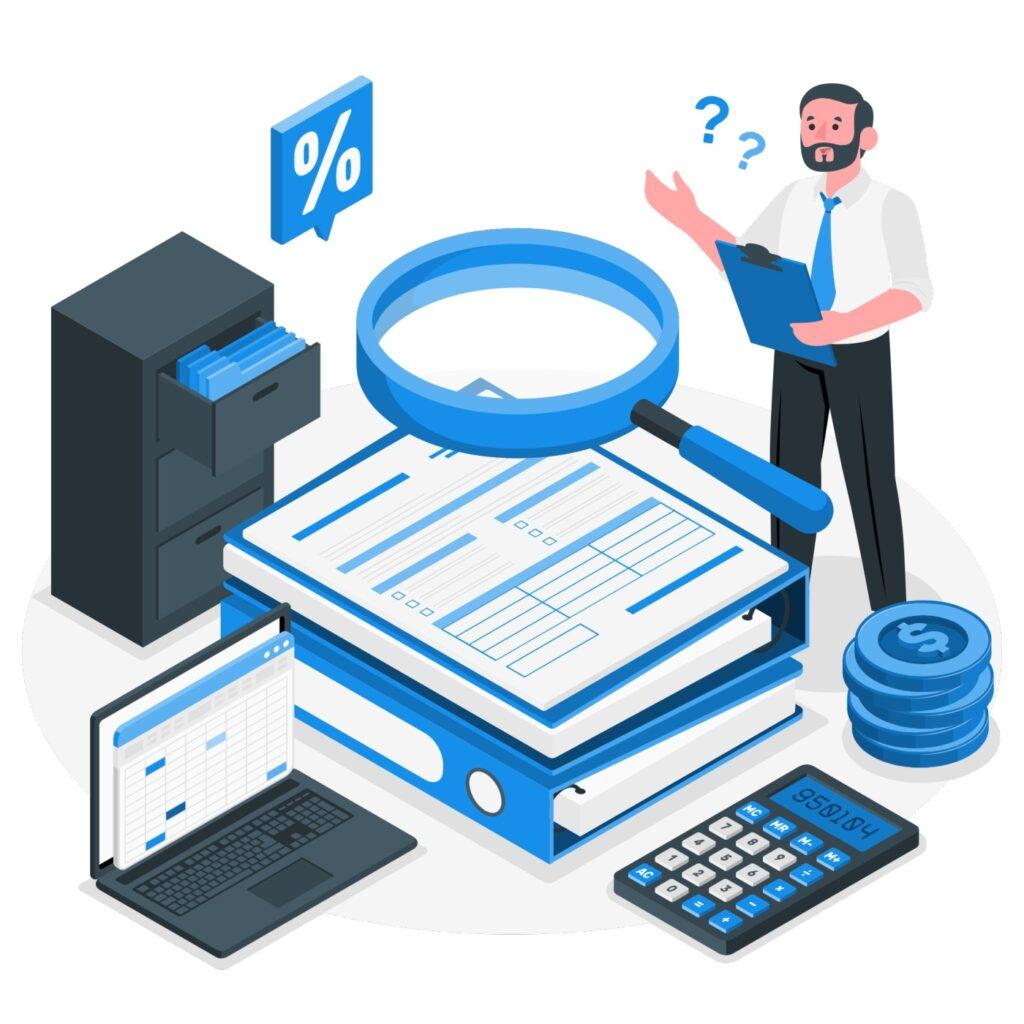Why small businesses should hire a Bookkeeper over an accountant?
"Where bookkeeping ends, accounting begins"
Bookkeeper vs Accountant: Which one do you need?
Bookkeeper vs Accountant in a company. Before proceeding towards what’s better let’s get into what these terms are- Bookkeeper facts and classifies a company’s day to day economic transactions (e.g., sales, payroll, payment of payments, and so on.). Their attention is on correct document-preserving and less centered on deciphering the facts and analytics.
An accountant builds on the information furnished to them with the aid of the bookkeeper.
Typically, they’ll:
- Evaluation of financial statements prepared by a bookkeeper.
- Examine and interpret this information.
- Flip the data (or records) right into a document.
- Percentage advice based on what they’ve stated.
The information pronounced via the bookkeeper will decide the accountant’s advice to the management. Each piece of the economic technique is simply as crucial as the next.
It’s vital to apprehend whether or not you need to lease a bookkeeper or an accountant. This mainly depends on the enterprise and the level of knowledge required.
Let's do Bookkeeper vs accountant.
A bookkeeper is usually:
- Much less high-priced to employ.
- A fantastic preference for managing each day’s transactions.
But, in case you need detailed insight and recommendations to better function your company…you’ll need an accountant.
Right here are some industry-associated questions to bear in mind when making your choice:
- How large is your inventory?
- How many personnel do you’ve got?
- What’s your enterprise?

Industries that have complicated financial structures and high-quantity transactions require accountants (i.e., government corporations, faculties, hospitals, and so on).
An informed and skilled bookkeeper with years of experience is—most likely extra certified to run the books for your business than the latest accounting fundamental graduate.
Having a bookkeeper is important because you need someone to keep track of your financial records. You also need someone to help you manage your money. If you’re not careful, you could end up losing a lot of money if you don’t have a bookkeeper. A bookkeeper will help you understand what your expenses are, and he/she will help you figure out ways to save money.
Check out the accounting statistics and facts
For any small business, a bookkeeper is more helpful than a Full-time accountant
As a bookkeeper offers-
Table of Contents
Distinct Recording
A bookkeeper will never forget to update all financial information. This may not just assist you in keeping an eye on your enterprise debts. It could even be helpful when you need your financial statements — or once your company is audited — because this method can be a lot quicker and less expensive.


It's far easier to devise
When you have a thorough understanding of the company’s financials with the help of bookkeeper, it becomes easier to plan ahead and prepare for the future. Once you have a complete record of the company’s debt, you will be able to see clearly whether there are any issues that need to be addressed. You might also be able to figure out if there are any opportunities available. If you know exactly what needs to be done, you’ll be able to get started right away.
On the spot reporting
Balance sheets help you understand what happened during the past year. You can see whether your company grew or shrunk, and whether your expenses increased or decreased. If you’re an entrepreneur, you may also need to see how much money you’ve earned and spent. Your accountant or auditor may ask for a copy of the balance sheet from your bookkeeper before they start preparing your financial report. So you’ll need to keep a copy handy.


Higher relations with Banks and buyers
When you have all details of your accounts in a clear and detailed form, it will be easy to know about profits and losses. Your company will get more funding if you can prove that your business is profitable. Banks will be more likely to lend money to your business if they see that your company is doing well. Investors will be more interested in investing in your company if they see that it is performing well.
Higher Tax Prediction
While the IRS(Internal Revenue Service) will demand an official economic declaration out of your employer for taxation (tax filing), you will be able to expect the outcome extra appropriately when you have to get the right of entry to unique stability sheets through the years. With them, you may keep an eye fixed out for tendencies to your employer’s enterprise and be greater confidence in the quantity of taxes you will be anticipated to pay at the end of the economic year.
Faster commercial enterprise reaction time
You need to be aware of what is happening in the market place at all times. If you have real-time information about your own finances, you’ll be able to react quickly to any changes that appear in the marketplace or your company. You’ll recognize the numbers of your accounts and current rates, giving you an accurate perception: is now the right time to act?
Faster monetary evaluation
Bookkeeping isn’t as glamorous as accounting, and it doesn’t pay as well, but it does save time. Knowing what information you need to give your accountant will help them prepare your books quickly. You can also get a lot more done in less time since you won’t spend time figuring out what information you need to send them.


Easier Audits
Bookkeeper and Accountant Works hand in hand. Accounting records should be kept clean and organized. You should keep track of transactions and balances for every account. If you have multiple accounts, make sure that your bookkeeper keeps track of the relationships between the different accounts. Make sure that you have a backup copy of your accounting records. When an accountant or auditor comes around, you will want to have all of your records available.
